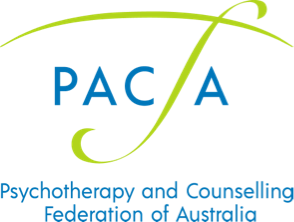Imposter Syndrome
Imposter Syndrome does it affect you?
Imposter Syndrome! Do you feel like you shouldn’t have been promoted, be in a certain job or been accepted into University? Does it feel like pure luck that you are there and not down to the results of your own skill or hard work? Do you fear that you are a fraud and one day you will be discovered?
You may be suffering from imposter syndrome.
Imposter syndrome is a psychological pattern in which an individual doubts their accomplishments and has a persistent internalised fear of not being good enough and of being exposed as a fraud.
Imposter syndrome, also called imposter phenomenon or fraud syndrome coined by Psychologist Pauline Clance in 1985 plagues many people and while it is not a diagnosable mental health condition, it can be linked with anxiety and depression. It has been found that imposter syndrome tends to be more common in those who are high achievers, however, it can also be a key factor that holds many of us back from achieving our full potential in life, mainly work and study.
One of the reasons we fall into imposter syndrome is due to the hardwiring of our brain. Our brains are hardwired to focus on negative things, the reason for this is because good things cant’ hurt us, thus it is a form of protection against threat. In the case of imposter syndrome the threat is I will be discovered to be a fraud! Whilst this survival technique is handy when in danger (a snake in the grass), in the world of work or study it can make us miserable, as we attempt perfection agonising over the smallest perceived mistake.
Some common signs that you are experiencing imposter syndrome are perfectionism; overworking; undermining your achievements; fear of failure and not accepting praise. It tends to begin in the mid to late teens and appears to be most common in younger adults. As we age imposter syndrome may decline and the reason for this is with time we receive more opportunities to gather evidence in our favour. We may begin to allow ourselves to believe the accumulating evidence that we are enough and not a fraud.
But we don’t need to wait that long!
Some ways to overcome imposter syndrome is to recognise it when you see it; train yourself to focus on the positive; don’t minimise your success; acknowledge your accomplishments, gather evidence and literally breathe in compliments from others.
Overcoming imposter syndrome takes time and it is a skill to be practiced at every opportunity. You are enough!






